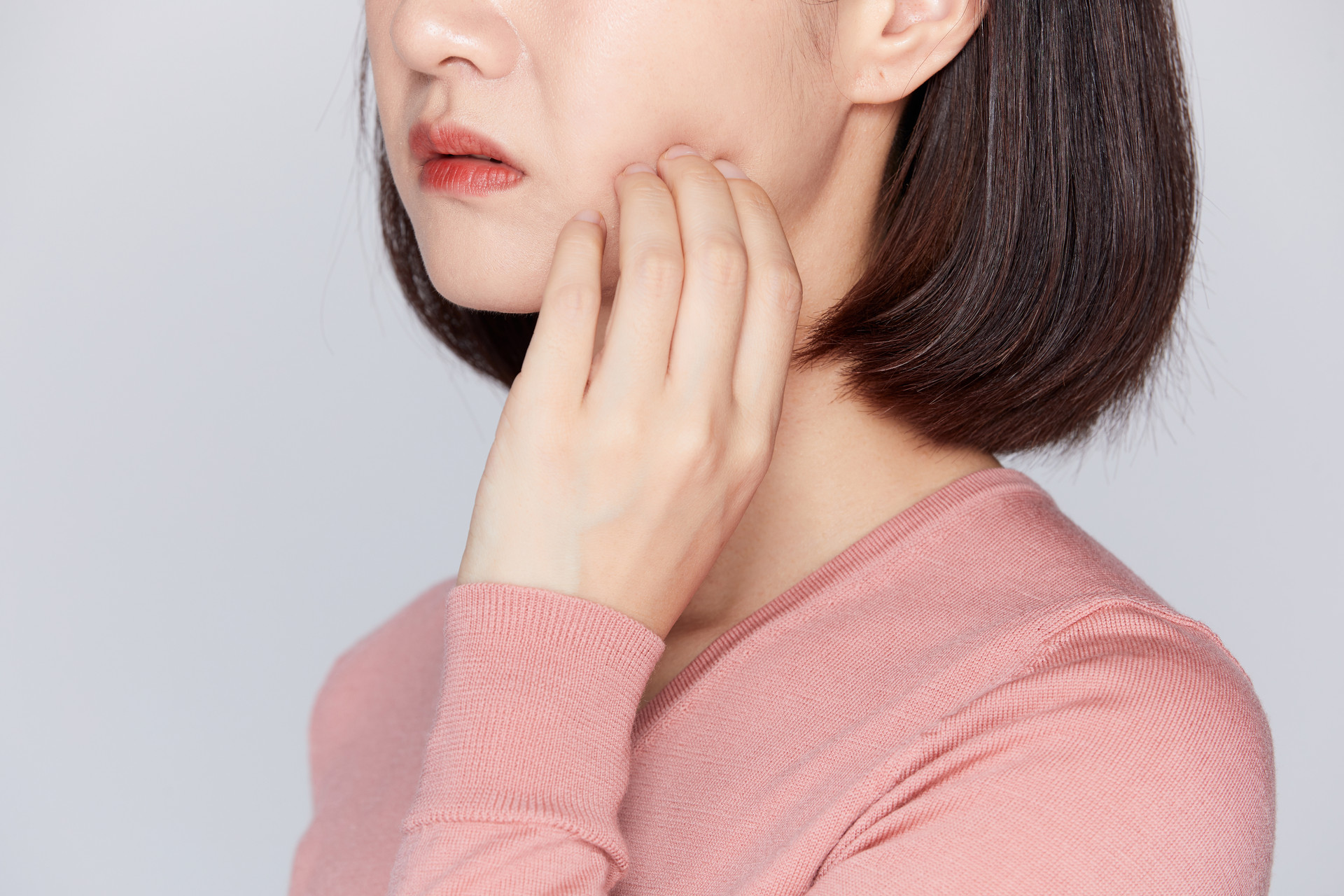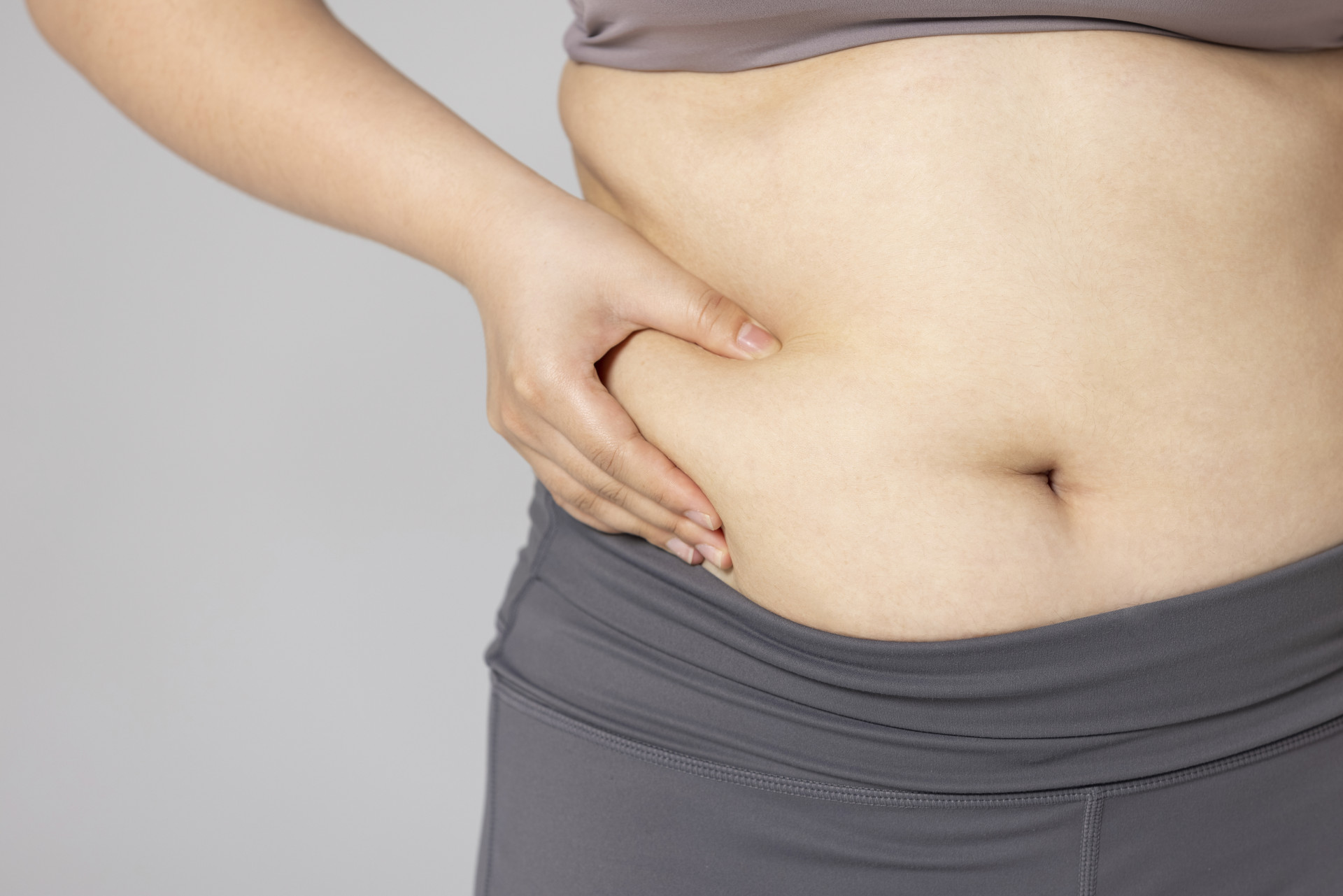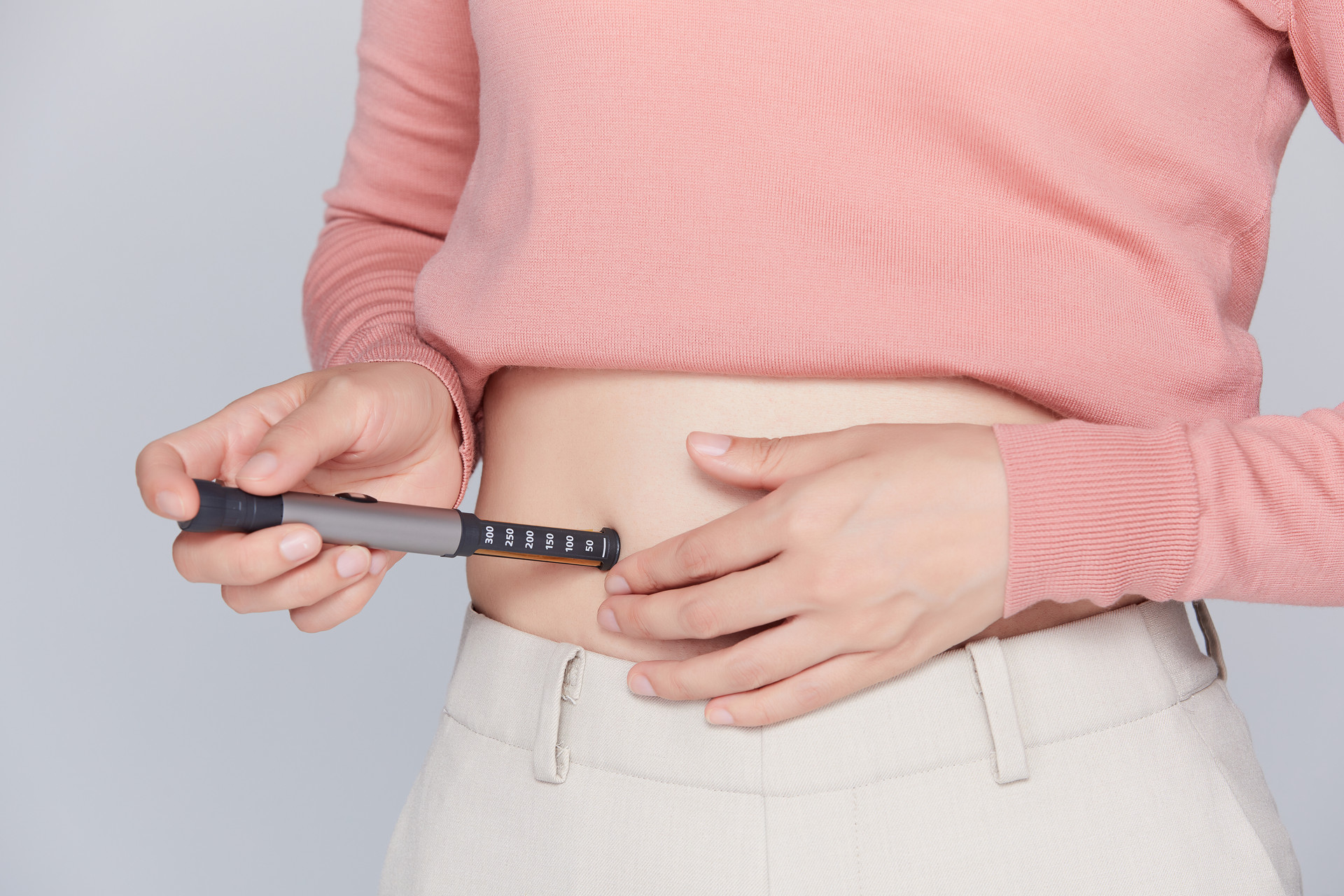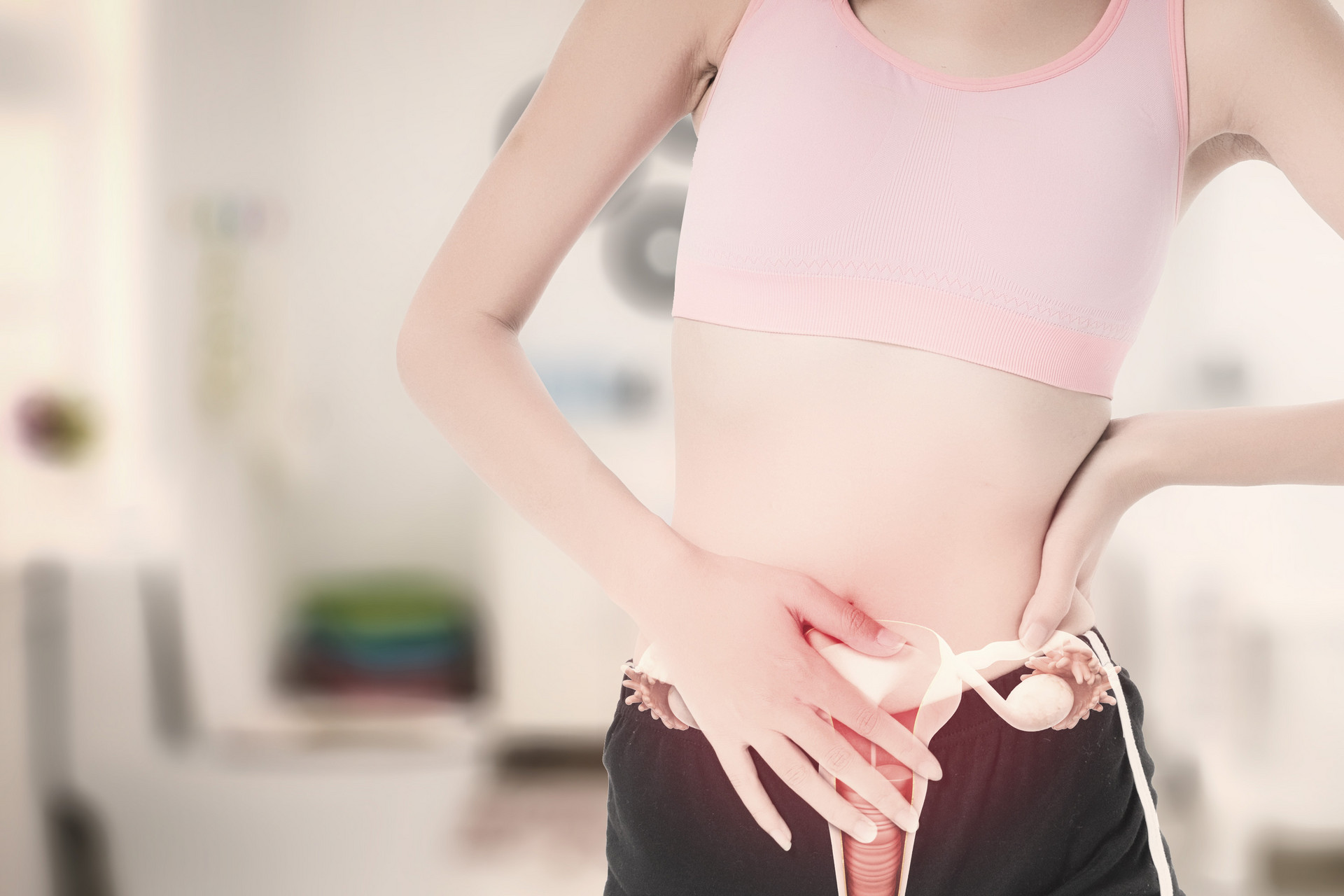
Lochia refers to the blood and debris expelled from the uterus after childbirth due to uterine contractions. Normal lochia starts off as dark red, then becomes light red, and eventually turns yellow or white. It generally lasts for about 21 days postpartum. However, some women may have lochia that lasts for a month, and as long as the quantity, color, and quality are normal and there are no other symptoms, it is not considered a medical condition.
In normal circumstances, lochia should be expelled completely within the first 14 days. If it persists beyond 14 days, it is called "lochia not completely expelled." The book "Tai Chan Xin Fa" states, "Due to the damage to the blood vessels during childbirth, if there is deficiency and insufficiency, the uterus cannot contract and cleanse itself, or if there is residual stagnant blood, the good blood cannot settle and flows out continuously, leading to prolonged lochia and gradual exhaustion." Therefore, lochia not completely expelled is often related to "deficiency" or "blood stasis."
During the period of three to seven days postpartum, herbal remedies such as Sheng Hua Tang and Yi Mu Cao Gao can be effective in promoting the discharge of lochia.
Sheng Hua Tang, known as the holy medicine for expelling lochia, consists of Dang Gui, Chuan Xiong, Tao Ren, Gan Jiang, and Gan Cao. It has the effects of nourishing blood, promoting blood circulation, warming the meridians, and relieving pain.
"However, it is important not to take excessive amounts, especially of Yi Mu Cao Gao." Experts remind postpartum women that excessive consumption can be harmful to the kidneys.
Here are two recommended postpartum soups that can help with the discharge of lochia: Jiu Zao Yuan Zi, favored by people in southern China, and Xiao Mi Hong Zao Zhou, loved by people in northern China.

Jiu Zao has three benefits for postpartum women: it promotes lactation, aids digestion, and helps with the discharge of lochia due to its blood-stasis-resolving effects.

In Xiao Mi Hong Zao Zhou, millet contains many trace elements, and red dates have the functions of nourishing and invigorating the blood.
In some cases, lochia may not be expelled due to postpartum weakness and inadequate uterine contractions. In such situations, it is necessary to tonify qi and blood. Wang Biqin recommends a blood-tonifying soup made with Huang Qi and Dang Gui.
Boiling chicken soup with Huang Qi and Dang Gui can promote lactation, enhance the mother's immune function, and invigorate qi and blood. Alternatively, Huang Qi and Dang Gui can be soaked in water for drinking.











